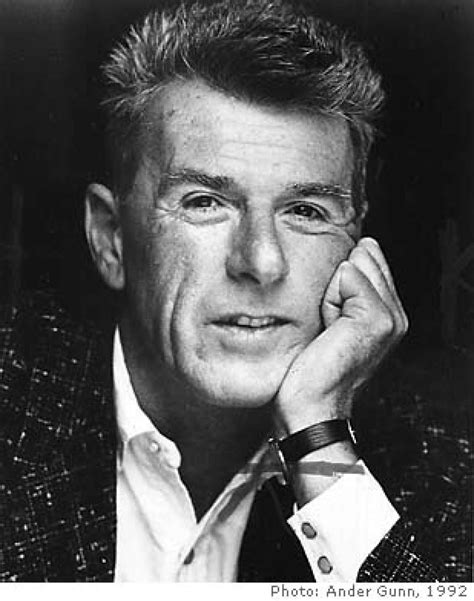A Quote by Randall Jarrell
Robert Frost says in a piece of homely doggerel that he has hoped wisdom could be not only Attic but Laconic, Boeotian even - "at least not systematic"; but how systematically Frostian the worst of his later poems are! His good poems are the best refutation of, the most damning comment on, his bad: his Complete Poems have the air of being able to educate any faithful reader into tearing out a third of the pages, reading a third, and practically wearing out the rest.
Related Quotes
There are definitely connections between poems, but I wanted each to stand on its own. I guess it goes back to the idea of trying to zoom in and out, and to modulate, so there are different ways of looking at any experience for the reader. Even having short poems and long poems - there has to be some kind of variation in the experience of reading as a whole.
That being said, some of my favorite poets are extremely funny. The aforementioned Matt Rohrer, for instance. Mary Ruefle. James Tate might be the best example of someone who is systematically misread because he can be hilarious. In his poems, as in all great funny poems, the humor is one very appealing version of the surprise and associative movement that is at the heart of all poetry.
He was all emotion all the time, constantly talking about his feelings and his profound love for her. He was minutes from getting his first period. He wrote poems too. It's my personal belief that if men are writing poems, they're making up for something else like a big hair back, or one ball. Not that one ball is a bad thing. Especially since I don't know any females who are dying to their their hands on a set of balls. The way I see it, the less balls, the better.
It's difficult to talk about [W.S.] Merwin's poems, as it's hard to talk about a feeling or a smell. It is what it is, but so much so that it overwhelms both sense and the senses. I aspire to something about his work, that imbues his poems, though I'm not sure I could say what that is. A purity, maybe, the kind of purity that comes from being beaten, like steel.
There is nothing “still” in the remarkably visceral poems of Alexander Long's third collection, Still Life, and nothing is at rest in these restless and edgy poems. Conversational and kinetic, these poems chart the traces left by the shifting overlays of the templates of literature, rock-and-roll, and contemporary culture. As each poem in Still Life attempts to fix a focus upon a scene or subject, the protean natures under view draw the poet into the eddies and complexities of reflection. This is a powerful and moving collection of poems.
Robert Creeley has forged a signature style in American poetry, an idiosyncratic, highly elliptical, syntactical compression by which the character of his mind’s concentrated and stumbling proposals might be expressed … Reading his poems, we experience the gnash of arriving through feeling at thought and word.
Part of the reason that these attempts at explanation fail, I think, is that photographers, like all artists, choose their medium because it allows them the most fully truthful expression of their vision... as Robert Frost told a person who asked him what one of his poems meant, 'You want me to say it worse?'






































